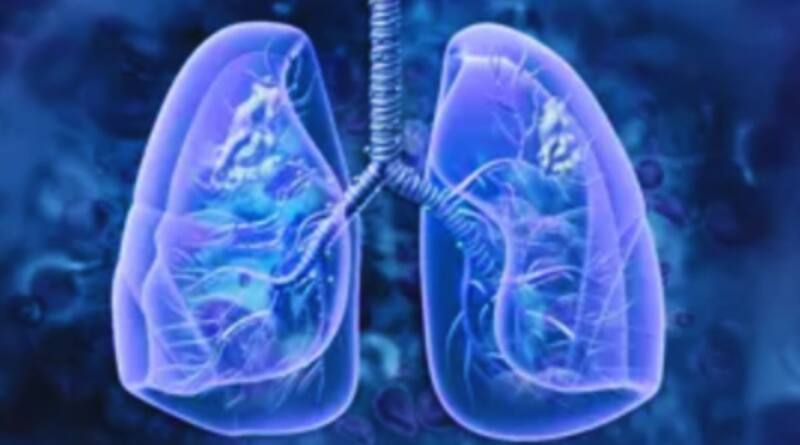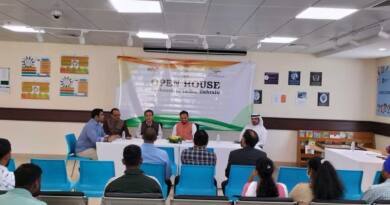Exclusive: Look Indians Are Most Affected by Long-term Lung Damage
A study published by Christian Medical College (CMC) in Vellore found that Indians had more lung function damage than people in Europe and China.
While some of these people may recover gradually over a year, others may have to live with lung impairment for the rest of their lives, according to the study. The study, touted as India’s largest to investigate the coronavirus’ impact on lung function, included 207 participants.
It was recently published in the journal PLOS Global Public Health and took place during the first wave of the COVID-19 pandemic. COVID-19 is caused by SARS-CoV-2, with the first case detected in Wuhan, China, in December 2019. Later, the World Health Organisation (WHO) declared it a pandemic in March 2020.
The study included 207 participants who underwent tests such as minute walks, quality of life assessments, lung function, and blood tests two months after recovery from the disease. All experienced mild, moderate, or severe COVID-19 symptoms.
The most sensitive lung function test, gas transfer (DLCO), which measures the ability to transfer oxygen from the air breathed into the bloodstream, was impacted in 44% of patients. Doctors at Christian Medical College described the situation as “very worrying.”
At least 35% of patients had restrictive lung defects, affecting their ability to expand with air during breathing. Additionally, 8.3% had obstructive lung defects, affecting their ability to breathe in and out. Quality of life tests revealed that the majority of patients experienced a negative outcome.
“In all aspects, Indian patients fared worse,” the TOI report quoted the study’s principal investigator, Dr. DJ Christopher, professor, department of pulmonary medicine, CMC, Vellore, as saying.
Furthermore, comorbidities such as diabetes and hypertension were more prevalent in Indian patients than in European and Chinese subjects.
Disclaimer: The WFY website aims to share experiences, opinions, and information on various topics. However, it is important to note that the author of this blog does not possess any professional authority or expertise, especially in subjects related to health, medical advice, or legal matters.
The information provided on this website is based on personal experiences, research, and general knowledge. While we strive to provide accurate and up-to-date information, we cannot guarantee the completeness, reliability, or accuracy of the content. Therefore, any action you take based on the information found on this blog is at your own risk.
The contents of this blog should not be considered a substitute for professional advice or consultation from experts in the respective fields. If you require specific advice or assistance, we strongly recommend consulting with a qualified professional.
The WFY (website) and its author will not be liable for any errors, omissions, or any losses, injuries, or damages arising from the use or reliance on the information presented on this blog. It is your responsibility to verify any information obtained from this blog and to use it at your own discretion.
Please note that the opinions expressed in the articles and comments on this blog are those of the respective authors and do not necessarily reflect the views of the website owner or any associated individuals.
By using this website, you acknowledge and agree to the above disclaimer. If you do not agree with this disclaimer, please refrain from using this website.




